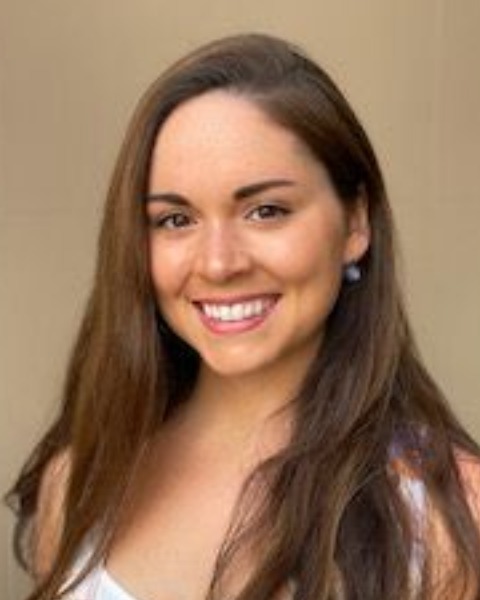Medical Education
Session: Medical Education 9
510 - The Breast & The Brightest: An Innovative Simulation-Based Approach to Breastfeeding for Trainees
Monday, May 6, 2024
9:30 AM - 11:30 AM ET
Poster Number: 510
Publication Number: 510.2817
Publication Number: 510.2817

Isabel M. Hendrickson, MD (she/her/hers)
PGY-3
Johns Hopkins All Children's Hospital
St Petersburg, Florida, United States
Presenting Author(s)
Background: Pediatric residents play a critical role in counseling breastfeeding parents. However, a formal curriculum for breastfeeding medicine is not a standardized part of graduate medical education. We designed a simulation-based Breastfeeding Medicine Conference in order to provide residents with basic breastfeeding knowledge and hands-on experience .Our interactive and skills-based approach to breastfeeding education has been designed by residents and revised annually in order to meet identified knowledge gaps in breastfeeding and lactation medicine.
Objective: 1. Describe the impact of simulation-based curriculum on residents’ comfort with counseling families on breastfeeding.
2. Determine change from baseline in breastfeeding knowledge with blend of didactic and simulation-based curriculum.
Design/Methods: This was a longitudinal study of approximately 18-36 of pediatric residents during a 45-minute breastfeeding didactic and simulation workshop.
Residents rotate through 4 stations that incorporate didactic and simulation-based skills training. Effectiveness of the workshop was assessed with pre- and post-workshop survey responses. Resident reactions to the workshop and anticipated changes in behavior in clinical practice were measured using a 5-point Likert-Type scale. Change in knowledge was assessed by MCQ. Used Mann Whitney U-test and responses by training year were compared using Fischer exact test. Statistical significance set at p<.05.
Results: Average of post-test Knowledge questions was 88% correct, 6.4% points higher than pre-test average, indicating that resident knowledge base is generally good. Pre- and post-test Behavior questions indicated a significant change (p < 0.05) among all pediatric residents, indicating residents felt significantly more confident in their ability to teach practical breastfeeding skills after taking this course.
Conclusion(s): While baseline breastfeeding knowledge is generally good among all pediatric residents, baseline comfort and confidence in ability to counsel parents was low. There was a significant increase in both comfort and confidence with breastfeeding practical knowledge among residents across all years, and this change was most profound in the PGY-1 group. This suggests that the use of simulation-based education has good effect on provider comfort and confidence in providing counseling to breastfeeding parents.
Resident reactions to this session were highly favorable, and indicated the blend of simulation and didactics appealed to a variety of learning styles.
